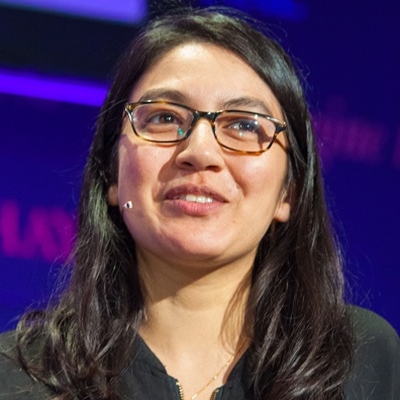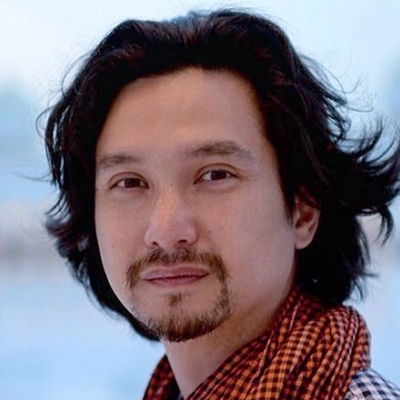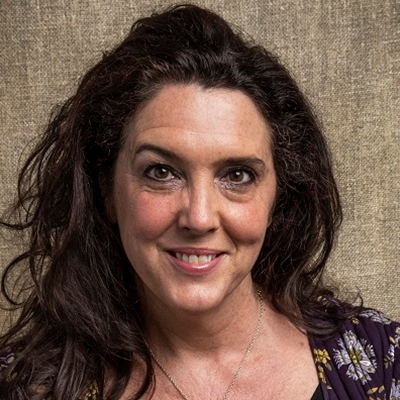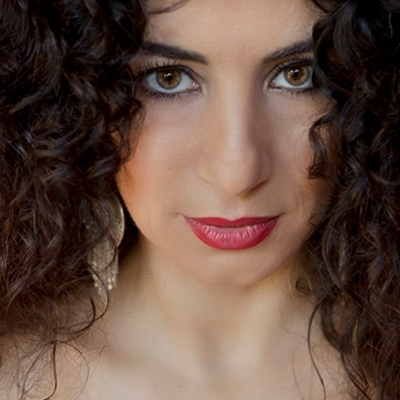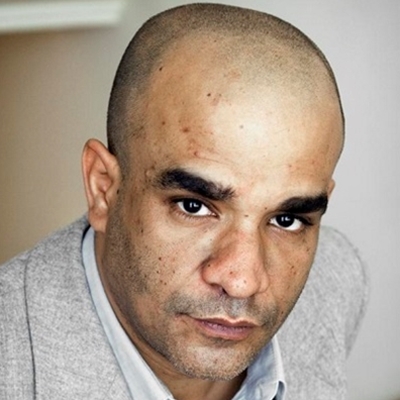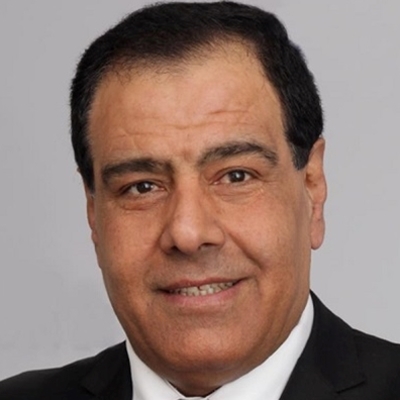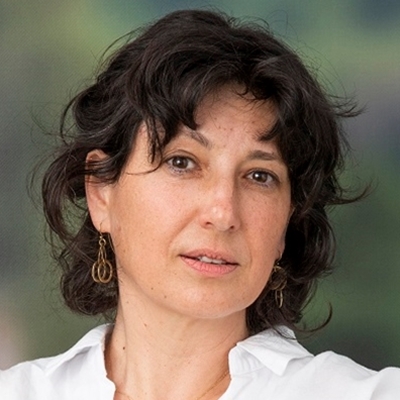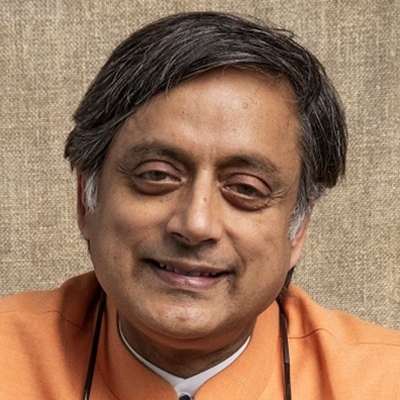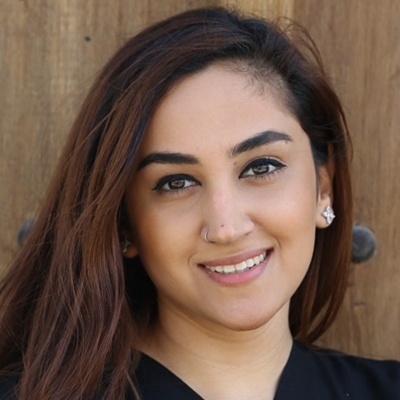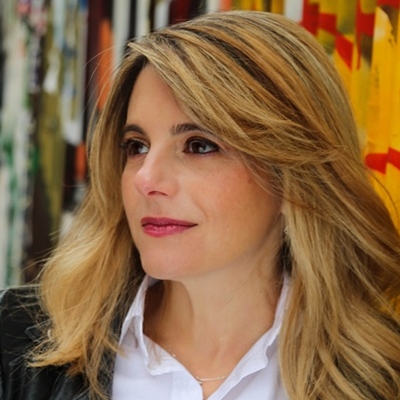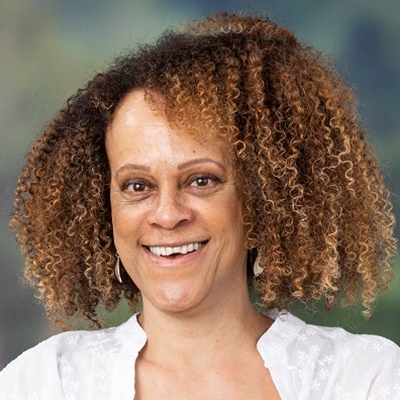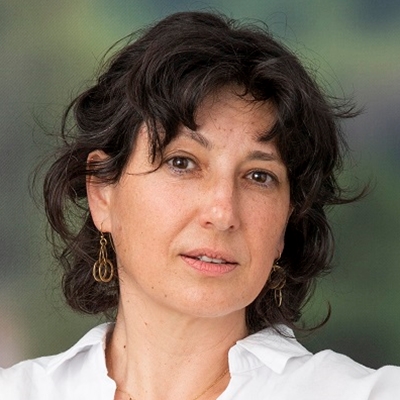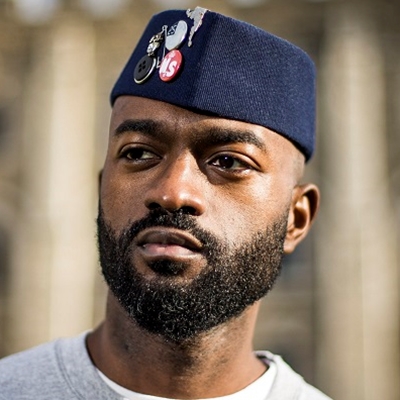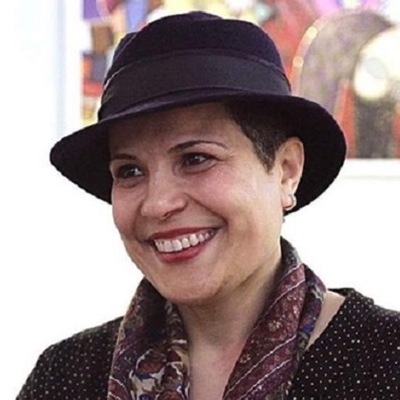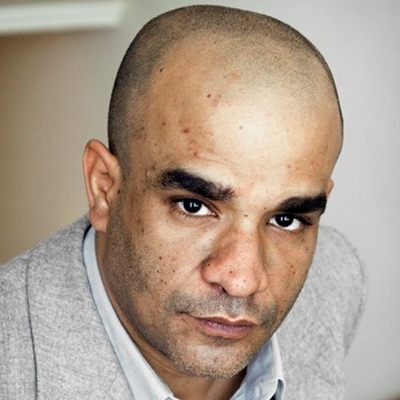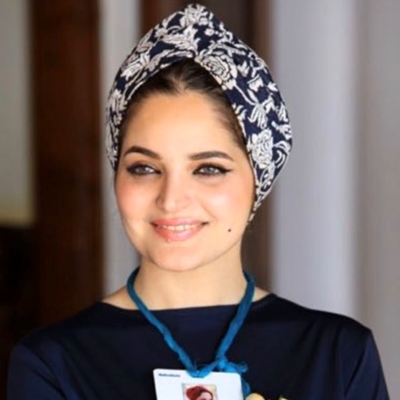Hay Festival Abu Dhabi 2020 Programme
Fiction
Event 1

Event 3
The eminent Emirati short story writer currently serves as Chairman of the Mohammed bin Rashid Al Maktoum Library Foundation and as a Trustee of the Emirates Literature Foundation. He reflects on a lifetime of reading and adventuring in the world’s literary cultures and libraries.
In conversation with Rasheed-al-Khayoun.

Event 9
A dialogue with the great Nigerian Nobel Laureate – poet, playwright and novelist. He talks about the rewriting of history, the making of language, culture wars, multiple identities and the storyteller’s duty to speak up. Chaired by Peter Florence.

Event 11
Tahmima Anam, Joumana Haddad, Miguel Syjuco and Bettany Hughes
The Writers’ Table
– Venue: Tolerance Majlis
From the intimate truths of fiction and poetry to the geopolitics of a volatile global reality, this is the first of a series of panel conversations in English and Arabic where writers respond to the audience's questions about the big issues of the day and reimagine the world.
Chaired by Mina Al Oraibi, editor-in-chief of The National.
Event 14
The award-winning novelist discusses her explorations of the turbulent emergence of Bangladeshi identity, culture and society in A Golden Age, The Good Muslim and The Bones of Grace. She talks to novelist Miguel Syjuco, professor at New York University Abu Dhabi (NYUAD).

Event 16
The Egyptian novelist discusses her writing and her heroic Palestine Festival of Literature (Palfest), celebrated in an anthology This is not a Border: Reportage and Reflection from the Palestine Festival of Literature. Soueif’s award-winning fiction includes In the Eye of the Sun and The Map of Love. Her non-fiction work includes Cairo: Memoir of a City Transformed.

Event 17
The Keralan polymath – diplomat, novelist and politician – talks about literature, comedy, technology and the new world order. He is author of The Great Indian Novel, Show Business, and the non-fiction works Inglorious Empire: What the British Did to India, The Paradoxical Prime Minister and The Elephant, The Tiger and the Cellphone. Anam is the British Bangladeshi author of The Bones of Grace.

Event 21
A conversation about telling Iraq’s stories. Shahad al Rawi is author of The Baghdad Clock, winner of the First Novel Award at the Edinburgh Book Festival, she talks to Nezar Andary from Zayed University.

Event 23
Youssef Rakha is an Egyptian novelist and journalist who has worked for Al-Ahram Weekly since 1997. He co-founded the English language paper The National in Abu Dhabi in 2007–8 and in 2009 he was selected as one of the best Arab writers under 40, for the Beirut 39 project. His three novels are The Book of the Sultan's Seal, The Crocodiles and its sequel Paolo. The Book of the Sultan’s Seal was awarded the Saif Ghobash Banipal Prize for Arabic Literary Translation in 2015. Paolo is the eye-witness account of a man involved in the Egyptian 'revolutionary movement' since 2011, who shares his experiences of the period before the election of Morsi and the struggles going on behind the scenes but is not all he appears to be.
Lebanese editor, poet and novelist Joumana Haddad has published several widely acclaimed poetry collections, including I Did Not Commit Enough Errors, Lilith's Return, The Panther Hiding at the Base of her Shoulders, Bad Habits, and The Mirrors of Passers By. She was also selected for the Beirut 39 celebration. Her books have been translated into many languages and published internationally. Her first novel The Seamstress' Daughter is a beautiful and exacting examination of four generations of women across the last century in the Middle East.
Event 25
Lydia Wilson, Izzeldin Abuelaish, Kapka Kassabova, Shashi Tharoor and Nik Gowing
Writers’ Table 2
– Venue: Tolerance Majlis
From the intimate truths of fiction and poetry to the geopolitics of a volatile global reality, this is the second of a series of panel conversations in English and Arabic where writers respond to the audience's questions about the big issues of the day and reimagine the world. Chaired by international strategist and consultant Nik Gowing of Thinking the Unthinkable.
Event 29
The Future of Literature in the UAE
– Venue: The Theatre
A panel discussion on the future of the book industry in the UAE and beyond. Participants include Asma Siddiq al Mutawaa, founder of Al Multaqa; Ahlam Bolooki, Director of Emirates Airline Festival; Ahmed Al Ali, Editor at Rewayat, the fiction imprint of Kalimat Group; Saeed Al Tunaji, Publishing Director of the Department of Culture and Tourism's Kalima. Chaired by Salha Obaid Hassan.
Event 31
Islamic book culture dates back to late antiquity, when Muslim scholars began to write down their doctrines on parchment, papyrus, and paper and then to compose increasingly elaborate analyses of, and commentaries on, these ideas. Movable type was adopted in the Middle East only in the early 19th century, and it wasn’t until the second half of the century that the first works of classical Islamic religious scholarship were printed there. But from that moment on, University of Chicago academic Ahmed El Shamsy reveals, the technology of print transformed Islamic scholarship and Arabic literature.
In the first wide-ranging account of the effects of print and the publishing industry on Islamic scholarship, El Shamsy tells the fascinating story of how a small group of editors and intellectuals brought forgotten works of Islamic literature into print and defined what became the classical canon of Islamic thought.
Chaired by scholar and broadcaster Lydia Wilson.

Event 33
In Celestial Bodies, the 2019 International Man Booker Prize winner, Jokha Alharthi brings to life the intertwined tales of three sisters and the secrets and conflicts – both internal and external – of their small Omani society. Alharthi weaves past and present into a narrative that reveals broad strokes of history alongside the personal interplay of characters striving to tell their own stories.
Bettany Hughes, Chair of the International Booker jury, describes it as: “A book to win over the head and the heart in equal measure, worth lingering over. Interweaving voices and timelines are beautifully served by the pacing of the novel. Its delicate artistry draws us into a richly imagined community – opening out to tackle profound questions of time and mortality and disturbing aspects of our shared history. The style is a metaphor for the subject, subtly resisting clichés of race, slavery and gender.”
Chaired by Parween Habib.

Event 40
Hallie Rubenhold, Bernardine Evaristo, Kapka Kassabova, Inua Ellams
The Writers’ Table 3
– Venue: The Theatre
From the intimate truths of fiction and poetry to the geopolitics of a volatile global reality, this is the third of a series of panel conversations in English and Arabic where writers respond to the audience's questions about the big issues of the day and reimagine the world.
Chaired by Miguel Syjuco, Filipino novelist and professor at New York University Abu Dhabi (NYUAD).
Event 42
From the intimate truths of fiction and poetry to the geopolitics of a volatile global reality, this is the fourth of a series of panel conversations in English and Arabic where writers respond to the audience's questions about the big issues of the day and reimagine the world.
Chaired by Editor in Chief of The National Mina Al Oraibi.
Event 54
The 2019 Booker Prize winner discusses her joyous and brilliantly inventive polyphonic novel that explores the lives of twelve black British women of different generations. Chaired by Peter Florence, chair of the 2019 Booker jury.

Event 59
A conversation with the poet, dancer and novelist about the nature of creativity, and the relationship between language and expression. Her novels include The Pleasure Seekers and Small Days and Nights; her latest poetry collection is Girls Are Coming Out of the Woods.
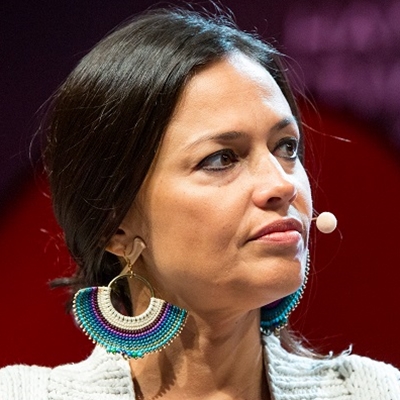
Event 61
Najwa Bin Shatwan is a Libyan academic and novelist, author of Waber Al Ahssina ('The Horses’ Hair'); Madmum Burtuqali ('Orange Content'); and Zareeb Al-Abeed ('The Slave Yards'), in addition to collections of short stories, plays and contributions to anthologies. She was chosen as one of the 39 best Arab authors under the age of 40 by Hay Festival's Beirut 39 project. Zareeb Al-Abeed was shortlisted for the 2017 International Award for Arabic Fiction. Her story 'The Sharp Bend at Al-Bakur' won the ArabLit magazine Story Prize 2019. Her short story collection Catalogue of a Private Life won the English PEN Translates award in 2019.
In conversation with Parween Habib.

